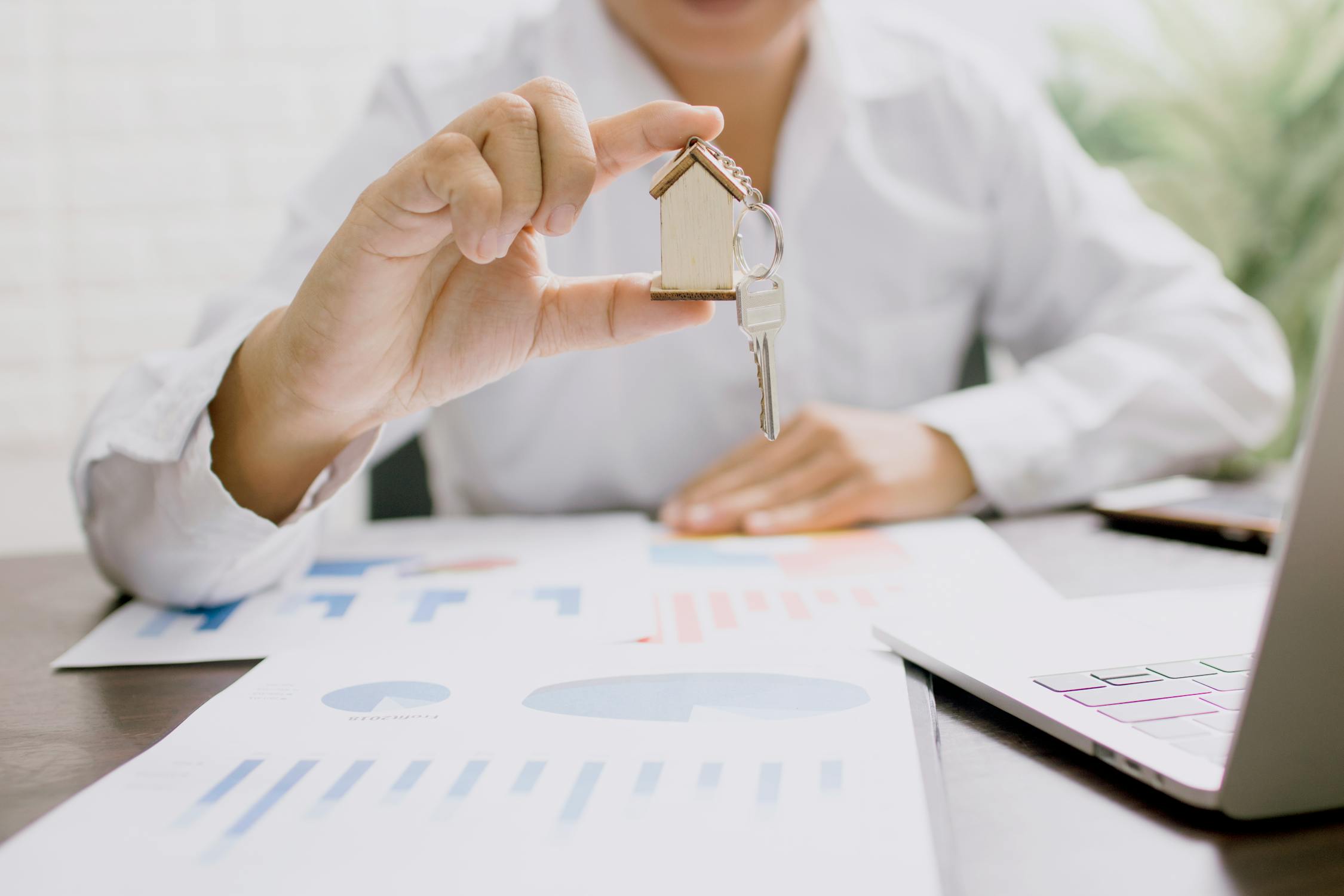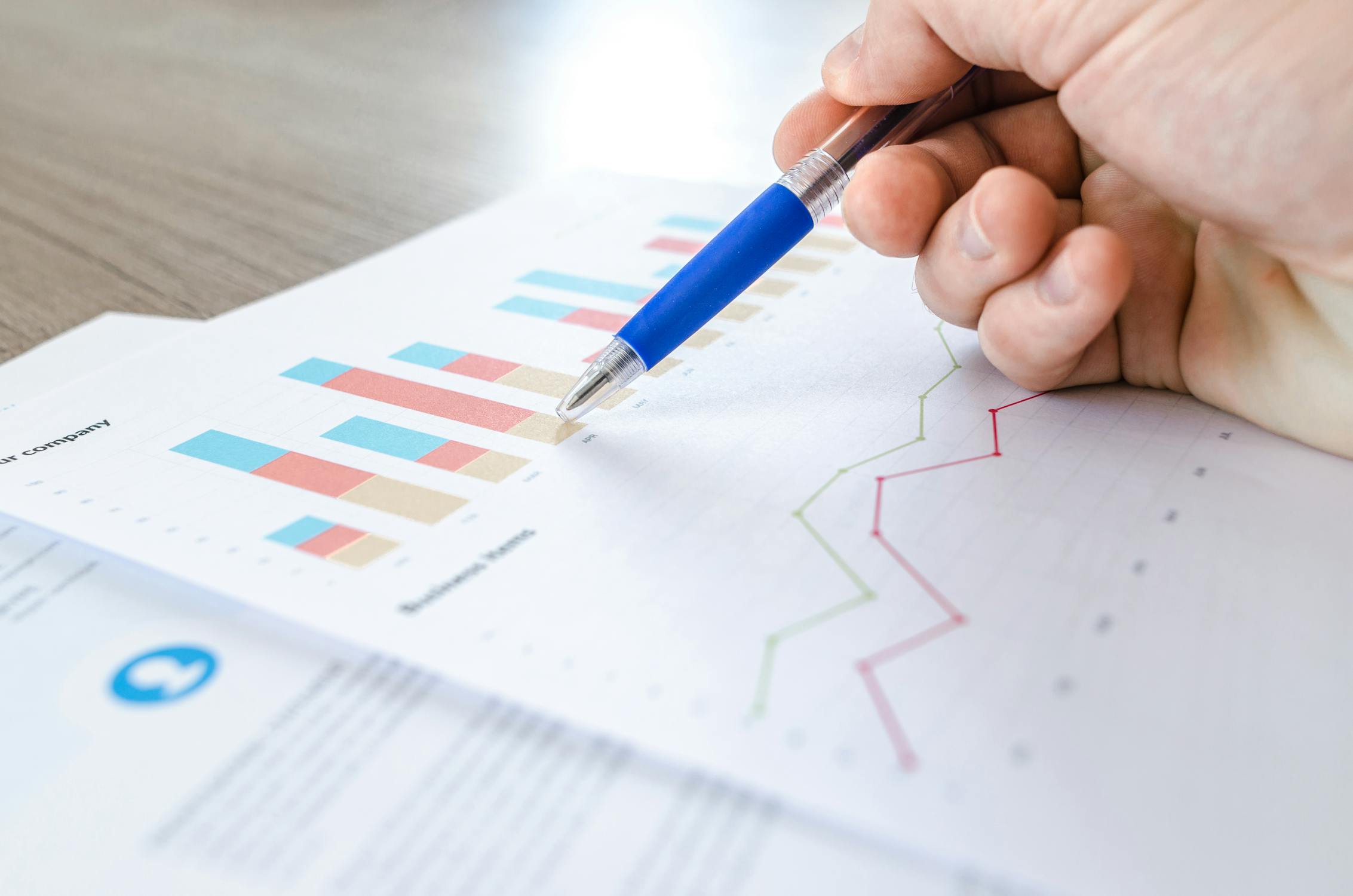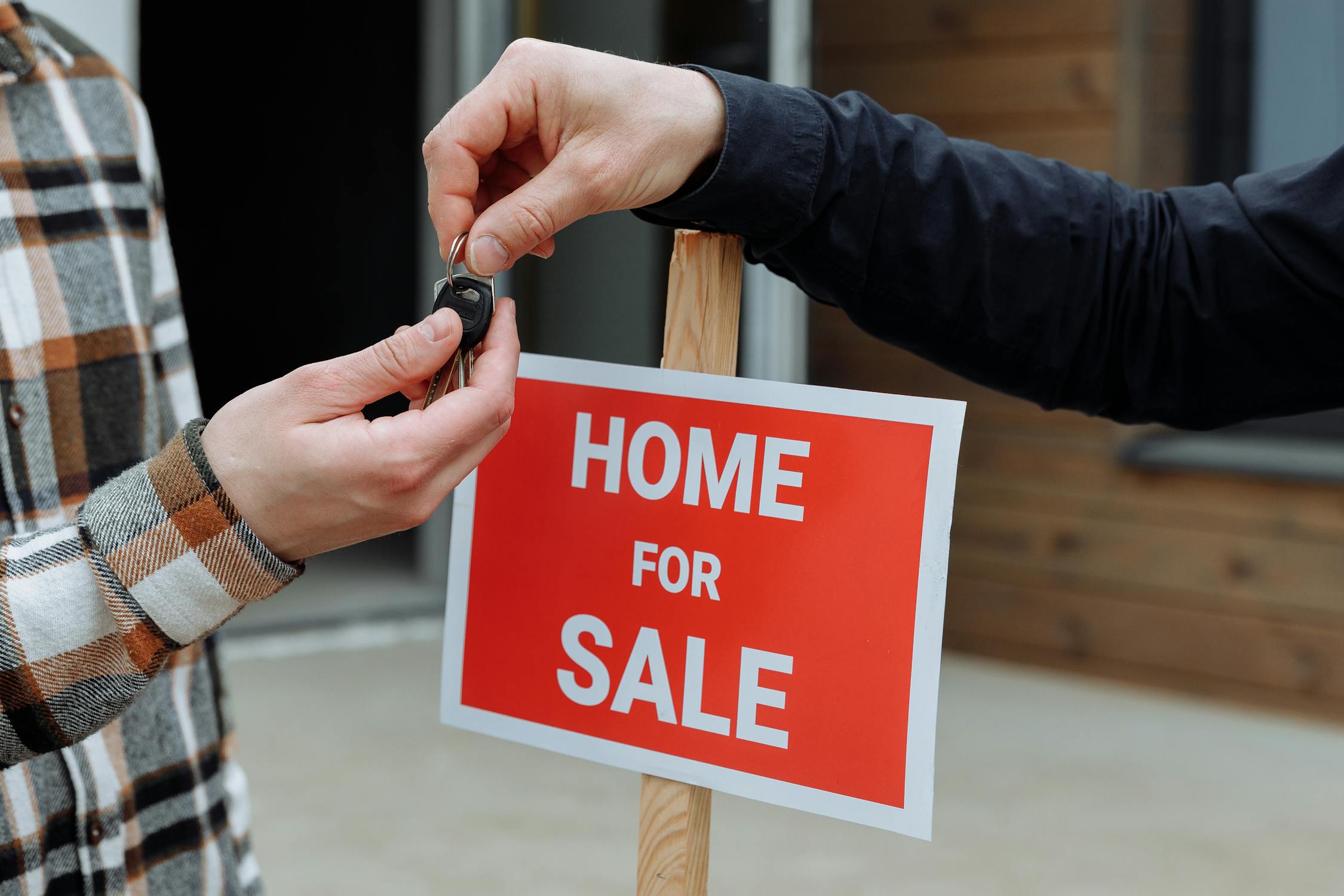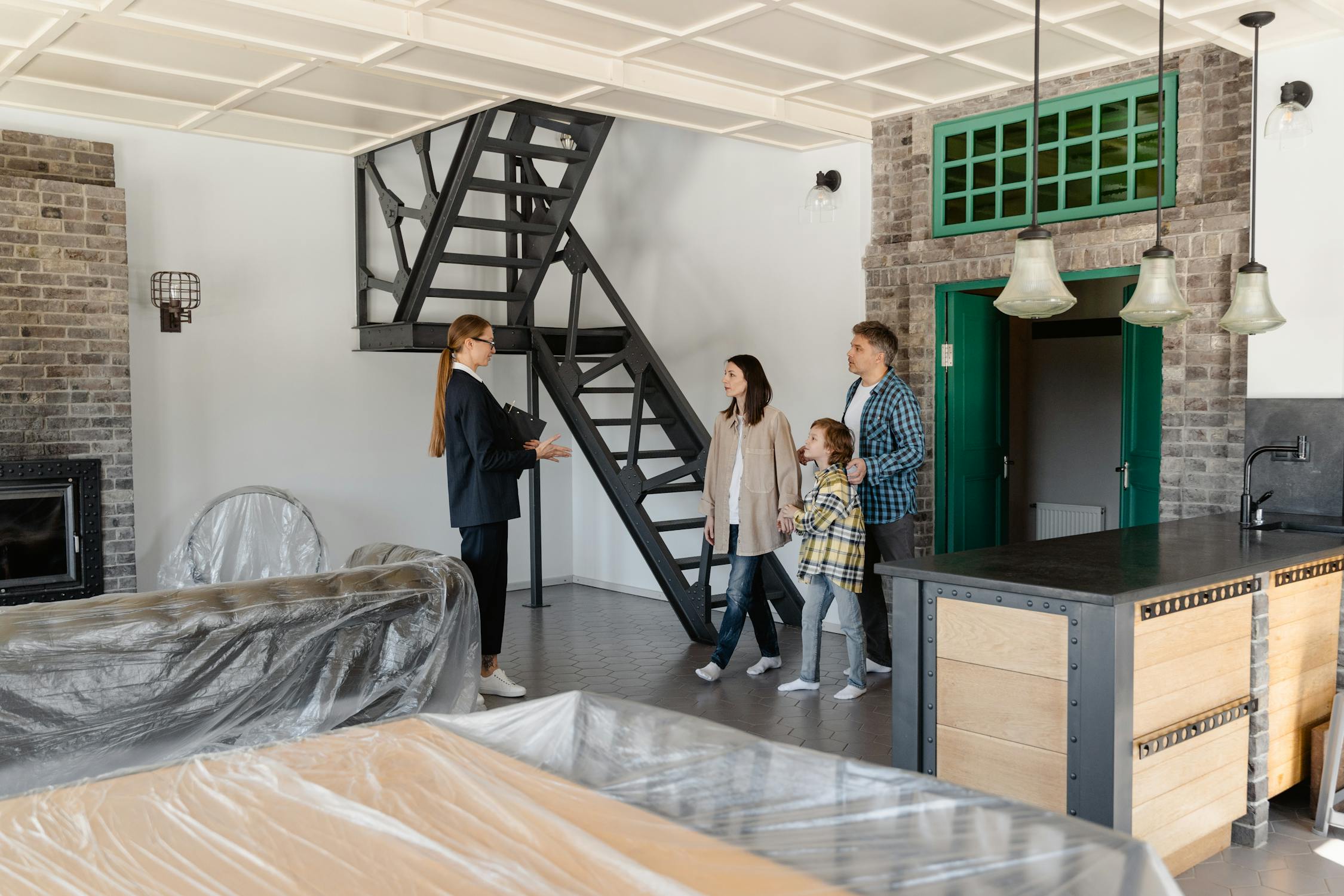Hidden Costs of Homeownership

When it comes to purchasing a home, many buyers focus primarily on the mortgage—how much they can afford, interest rates, and monthly payments. However, the journey of homeownership involves more than just securing financing. There are several hidden costs that can catch first-time homeowners off guard. Understanding these expenses is crucial for anyone looking to buy a home.
Closing Costs
One of the most significant hidden costs associated with buying a home is closing costs. These can range from 2% to 5% of the home's purchase price and include fees such as loan origination fees, title insurance, appraisal fees, and attorney fees. Buyers should be prepared for these costs and factor them into their budget. It's wise to ask your lender for a Good Faith Estimate (GFE) early in the process to get an idea of what these costs will be.
Property Taxes
Once you own a home, property taxes become an ongoing expense that can fluctuate over time. Many buyers underestimate how much they will owe each year in property taxes, which are typically based on the assessed value of the home. It’s essential to research local tax rates and consider how they may change in the future. Some municipalities may have programs that offer exemptions or reductions for first-time buyers or certain demographics, so it’s worth investigating those options.
Homeowners Insurance
Homeowners insurance is another necessary expense that often surprises new buyers. While lenders typically require homeowners insurance before finalizing a mortgage, many buyers fail to account for its cost in their overall budget. Rates vary based on location, coverage levels, and even credit scores. It’s advisable to shop around and compare quotes from different insurers to find the best policy that meets your needs without breaking the bank.
Maintenance and Repairs
Owning a home means taking on responsibilities that renters often avoid—namely maintenance and repairs. From routine upkeep like lawn care and cleaning gutters to unexpected repairs such as plumbing issues or roof leaks, these costs can add up quickly. A good rule of thumb is to set aside 1% of your home's value each year for maintenance and repairs. This fund will help you manage both planned projects and unforeseen emergencies without straining your finances.
Utilities
Another often-overlooked aspect of homeownership is utility costs. Unlike renting, where utilities might be included in your lease or covered by your landlord, homeowners are responsible for all utility bills—water, gas, electricity, trash removal, and even internet service. These expenses can vary significantly based on factors like the size of your home and local rates. Be sure to ask previous owners about average monthly utility bills during your home search.
Homeowners Association (HOA) Fees
If you're buying a property within a community governed by a homeowners association (HOA), be prepared for additional monthly or annual fees. HOAs often cover amenities like pools or parks but also handle maintenance of common areas. While these fees can enhance your living experience, they can also add significantly to your monthly budget—sometimes hundreds of dollars per month—so make sure you fully understand what you’re paying for.
Landscaping Costs
If you’ve purchased a property with outdoor space, landscaping is another potential expense that should not be overlooked. Whether you plan to maintain it yourself or hire professionals, maintaining gardens, lawns, trees, and other outdoor features requires time and money. Additionally, if you want to enhance curb appeal or create outdoor living spaces like decks or patios, those renovations can add up quickly.
Pest Control
Pest control is another important consideration for homeowners but often gets neglected until problems arise. Regular inspections may be necessary depending on where you live; some areas are prone to termites or other pests that could cause significant damage over time if left untreated. Budgeting for regular pest control services will help ensure that your new investment remains safe from infestations.
Resale Considerations
While it may seem premature when you're just starting out as a homeowner, it's wise to think about resale value even before making a purchase decision. Factors such as neighborhood trends, school districts, local amenities, and overall market conditions can affect how much you'll be able to sell your house for down the line. Consulting with real estate professionals about potential resale considerations can save you headaches later on.
Conclusion
Owning a home is one of life’s most rewarding experiences but comes with its fair share of hidden costs beyond just the mortgage payment itself. By understanding these additional expenses—including closing costs, property taxes, insurance premiums, maintenance needs, utilities, HOA fees, landscaping requirements, pest control services—and resale considerations—you'll be better equipped to navigate the complexities of homeownership successfully.
Being informed allows you not only to prepare financially but also ensures that you truly enjoy the benefits of having a place you can call your own without being blindsided by unexpected expenses down the road!
Categories
- All Blogs (18)
- AI (1)
- Apartments (1)
- Attractions (1)
- Buyers (3)
- Closing (2)
- Digital Marketing (1)
- Floor Planning (4)
- Home Buying (7)
- Home Layout (5)
- Inflation (1)
- Neighborhoods (3)
- Real Estate Marketing (1)
- Real Estate Tips (5)
- Rental (1)
- Research (1)
- San Diego County (1)
- Seller (1)
- Selling (1)
- Taxes (1)
- Top Places (1)
- Trends (1)
- Virtual Tours (1)
Recent Posts










